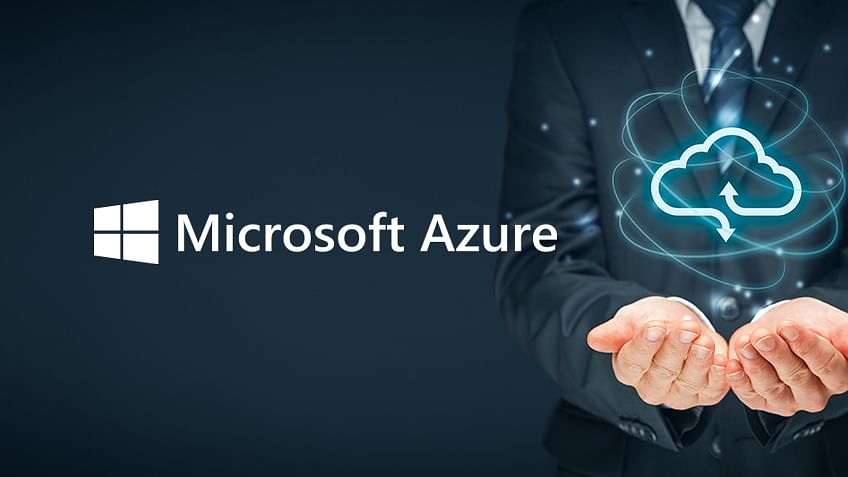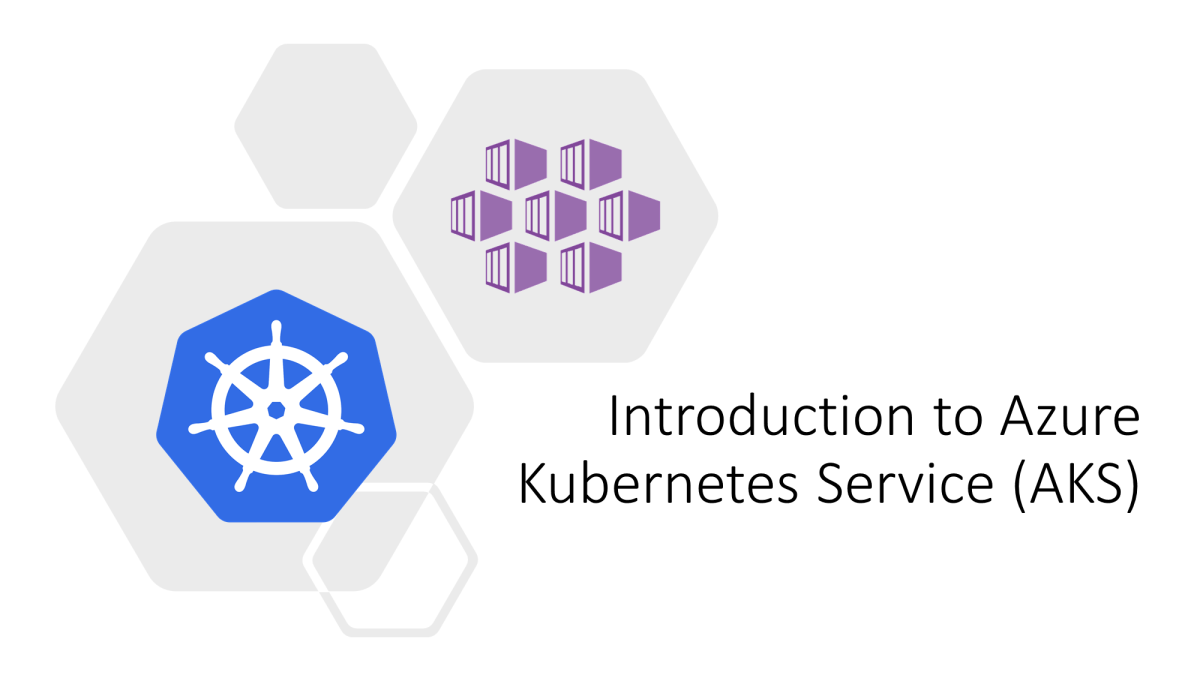
Microsoft Azure is a cloud computing platform and service offered by Microsoft. It provides a wide range of services, including virtual machines, databases, storage, analytics, networking, and AI, enabling organizations to build, deploy, and manage applications at scale.
What is Microsoft Azure?
Azure is a comprehensive cloud computing platform offering over 200 services. It provides infrastructure as a service (IaaS), platform as a service (PaaS), and software as a service (SaaS) capabilities. Azure supports multiple programming languages, frameworks, and tools, making it versatile for various industries.
Key Features
- Scalability: Automatically scale resources based on demand, ensuring cost-efficiency and performance.
- Global Presence: Azure operates in 60+ regions worldwide, offering low-latency and redundancy.
- Security: Enterprise-grade security features like encryption, identity management, and compliance certifications.
- Hybrid Capabilities: Seamless integration with on-premises infrastructure using hybrid tools like Azure Arc.
Benefits of Azure
- Cost Efficiency: Pay-as-you-go pricing ensures cost optimization for all workloads.
- Flexibility: Wide support for various operating systems, programming languages, and tools.
- Productivity: Pre-built templates, managed services, and DevOps integrations accelerate development cycles.
Popular Services in Azure
- Compute: Virtual Machines, Azure Kubernetes Service (AKS), Azure Functions.
- Storage: Blob Storage, Azure Data Lake, Disk Storage.
- Networking: Virtual Network, Load Balancers, Azure Firewall.
- Database: Azure SQL Database, Cosmos DB, Azure Database for PostgreSQL.
- AI & Analytics: Azure Machine Learning, Azure Synapse Analytics, Cognitive Services.
Use Cases
- Application Hosting: Deploy web apps, mobile apps, and APIs with Azure App Service.
- Data Analysis: Process large datasets using Azure Synapse Analytics and Data Factory.
- Disaster Recovery: Utilize Azure Site Recovery and Backup for business continuity.
- AI Integration: Enhance applications with AI capabilities using Cognitive Services.
Example: Setting Up a Virtual Machine in Azure
# Create a resource group
az group create --name MyResourceGroup --location eastus
# Create a virtual machine
az vm create \
--resource-group MyResourceGroup \
--name MyVM \
--image UbuntuLTS \
--admin-username azureuser \
--generate-ssh-keys
# Open port 80 for web traffic
az vm open-port --port 80 --resource-group MyResourceGroup --name MyVM
Comparing Azure to Other Cloud Platforms
- Azure vs AWS: Azure offers stronger hybrid capabilities, while AWS has a broader service catalog.
- Azure vs Google Cloud: Azure excels in enterprise integrations, whereas Google Cloud focuses on data and AI.
Best Practices
- Use Azure Monitor: Monitor and optimize resource usage and performance.
- Leverage Azure Security Center: Ensure compliance and security across resources.
- Automate with ARM Templates: Use templates for consistent deployment.
- Implement Cost Management: Use Azure Cost Management to track and control spending.
Conclusion
Microsoft Azure is a versatile cloud computing platform that enables businesses to innovate faster, reduce costs, and operate securely. Its global infrastructure, diverse services, and hybrid capabilities make it a preferred choice for enterprises and startups alike.
For more details, visit Microsoft Azure Documentation.


